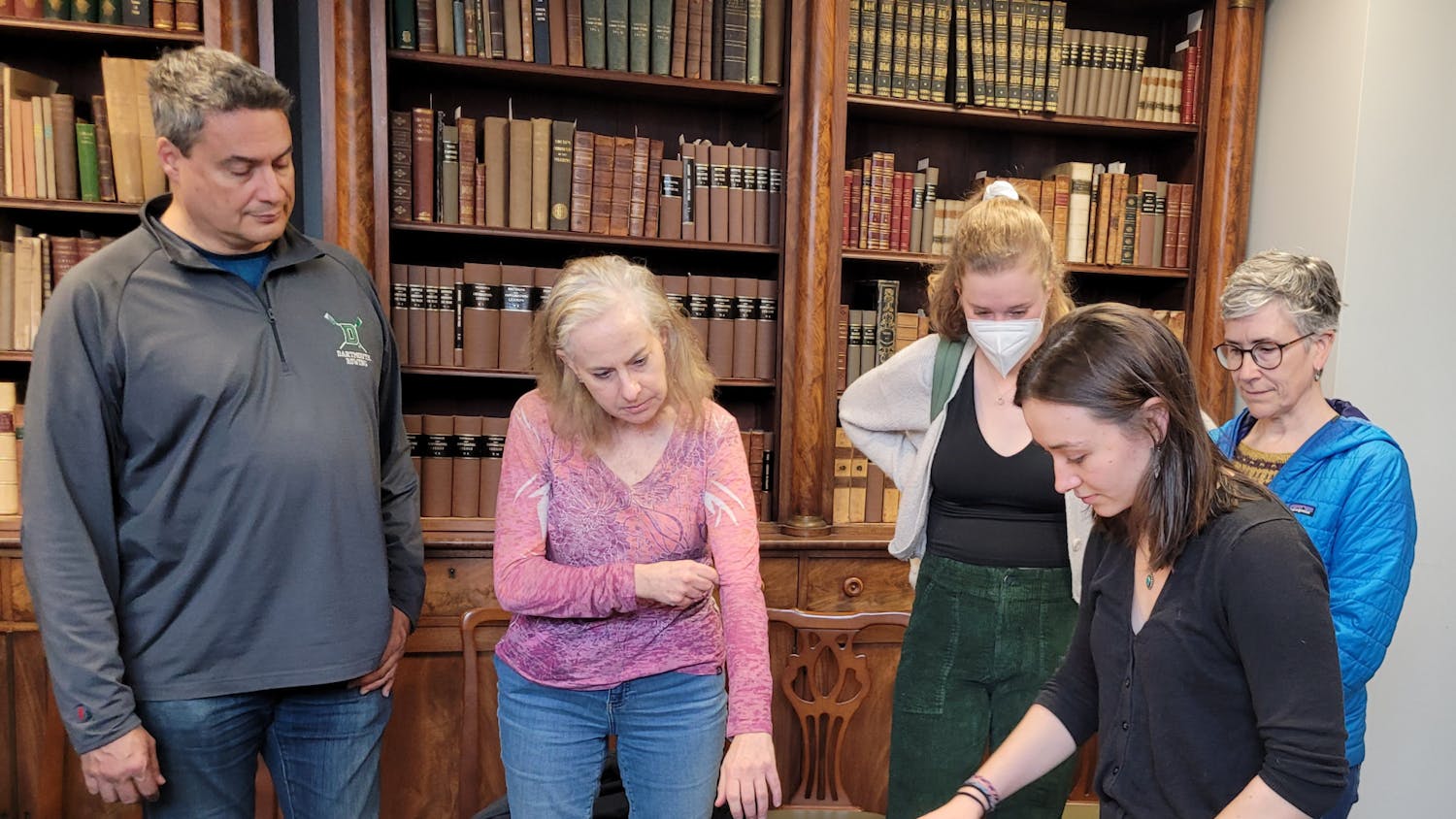Dartmouth has joined 80 colleges and universities, including all Ivy League institutions, in the Coalition for Access, Affordability and Success — which aims to offer a platform that serves as an alternative to the Common App. The Coalition will be offering online programs to help high school students with the admissions process starting in January 2016, creating a platform that will serve as an alternative to the Common Application.
According to the official press release on Sept. 28, the Coalition said with this platform, it aims to make the admissions process a more engaging and long-term experience. Specifically, students will be able to add to a digital portfolio — a collaboration platform and an alternative method of applying to member colleges — starting their freshman year of high school. The rationale is that students can start thinking about college early and identifying appropriate schools to which they can apply.
“[The application process] is kind of a race to the finish line, and it is anxiety-inducing for everybody,” Coalition communications representative Julie Peterson said. “What these admissions people felt was that they want students to start thinking about college earlier, because they want to make sure that they are prepared by the time they go [to college], that they have assembled the right classes and the right experiences to be successful in college. [Admissions representatives from member colleges] felt that was better done as a process than a point in time. It would be more of a journey and less of a sprint.”
Interim dean of admissions and financial aid Paul Sunde said that part of the goal of the Coalition is to provide a more equitable opportunity for students from disadvantaged backgrounds in the admissions process. The Coalition members consist of public schools that have affordable tuition and provide need-based financial aid for in-state students, or private schools that provide sufficient aid to meet the needs of admitted students, according to the Coalition’s website. Coalition schools also graduate at least 70 percent of their students within six years.
Sunde said the College has been involved in talks with the Coalition for about a year.
“The idea of the Coalition is to make tools available to students much earlier on,” he said. “So that a student, who perhaps doesn’t have access to lucrative counseling and support that many of our applicants do, can get some guidance and some encouragement, so that by the time that they’re seniors, they’re ready for an applicant pool that’s as competitive as ours.”
Michele Hernandez ’89, co-president of Top Tier Admissions and former College admissions officer, a college admissions consulting firm, said the Coalition’s system does not seem equitable to disadvantaged students because the platform relies on computers and technologies, which can be more often difficult to access for that group.
Bev Taylor, founder of college admissions consulting firm Ivy Coach, also said the Coalition failed to take into account the school environment of disadvantaged students.
“Disadvantaged students will require more counseling, not less,” she said. “Yet disadvantaged students often do not have access to counseling, or they attend public schools that have large student-to-counselor ratios. Also, disadvantaged kids are generally first generation students... and as such, usually apply to less selective schools that wouldn’t qualify for the Coalition because they have less than a 70 percent graduation rate.”
The implementation of the Coalition application in 2016 means that, for the first time in over a decade, Dartmouth will be accepting applications through sources other than the Common App.
“When the application comes through the door, all the Coalition applications will be put into a single applicant pool with anyone who chooses to apply through the Common Application,” Sunde said. “We will evaluate students within our pool as simply applicants, not Coalition or Common applicants.”
Sunde said he hopes the Coalition will better match students to schools where they might be competitive applicants.
“I think that we would hope to end up with students in our applicant pool that might not otherwise consider us, and that those students will be well-prepared,” Sunde said. “Stretch this out a few years — a more socioeconomically diverse group of students in our applicant pool, better prepared to be more successful candidates.”



